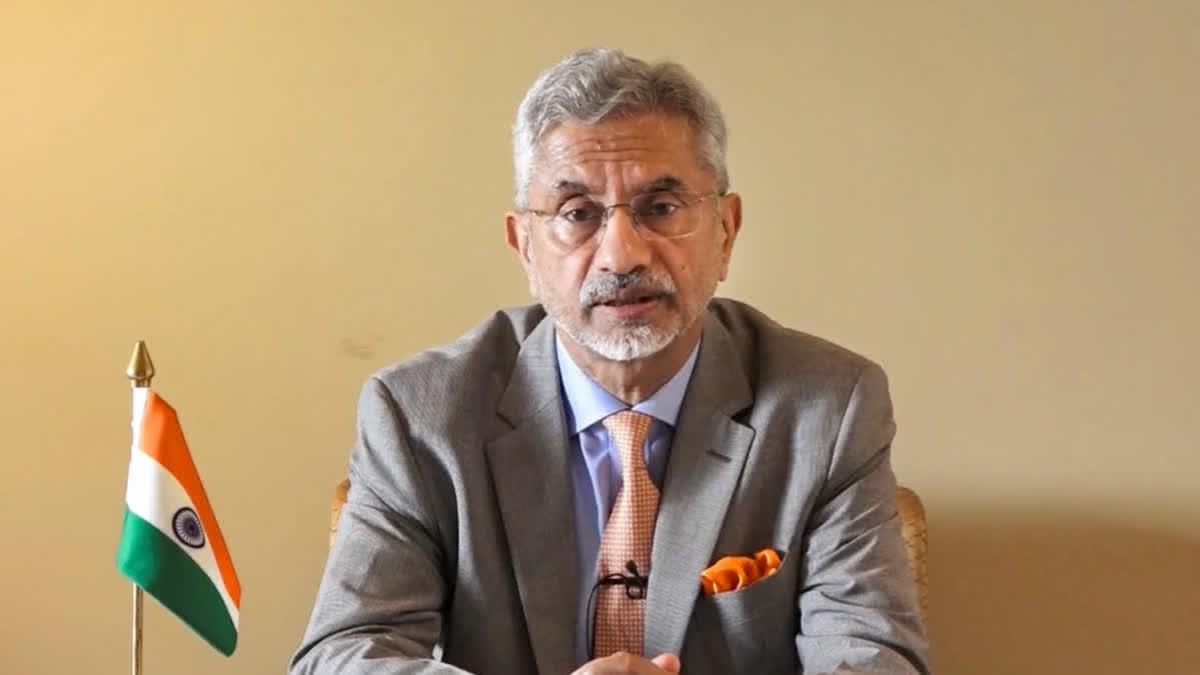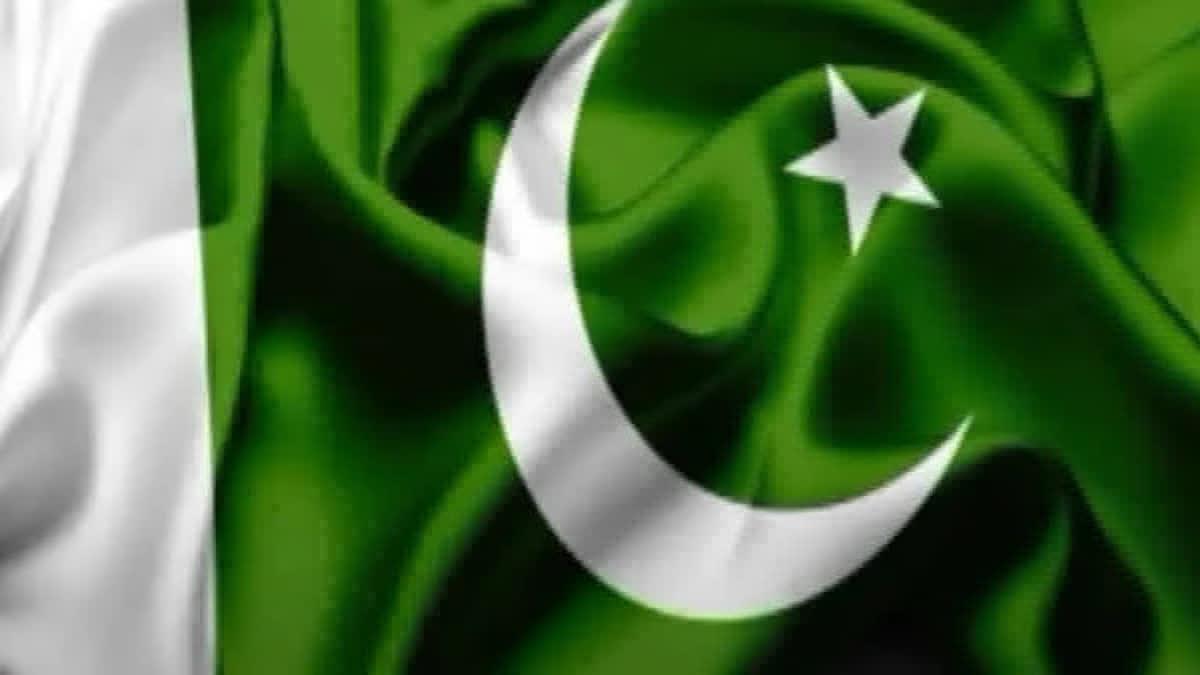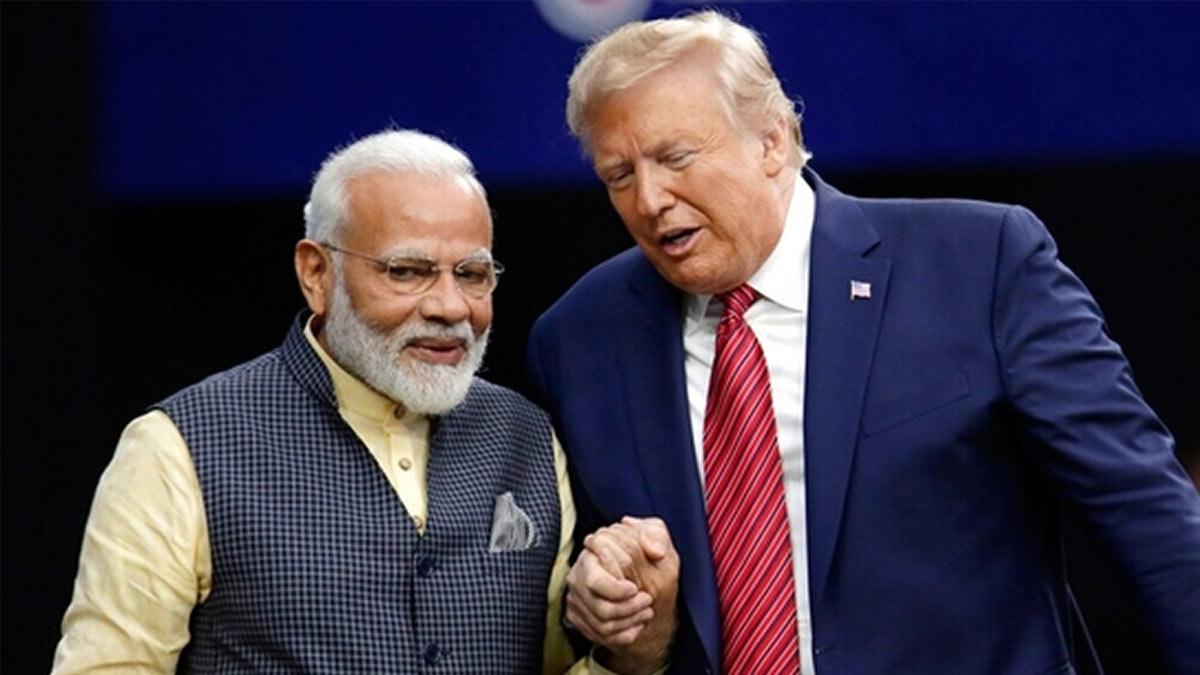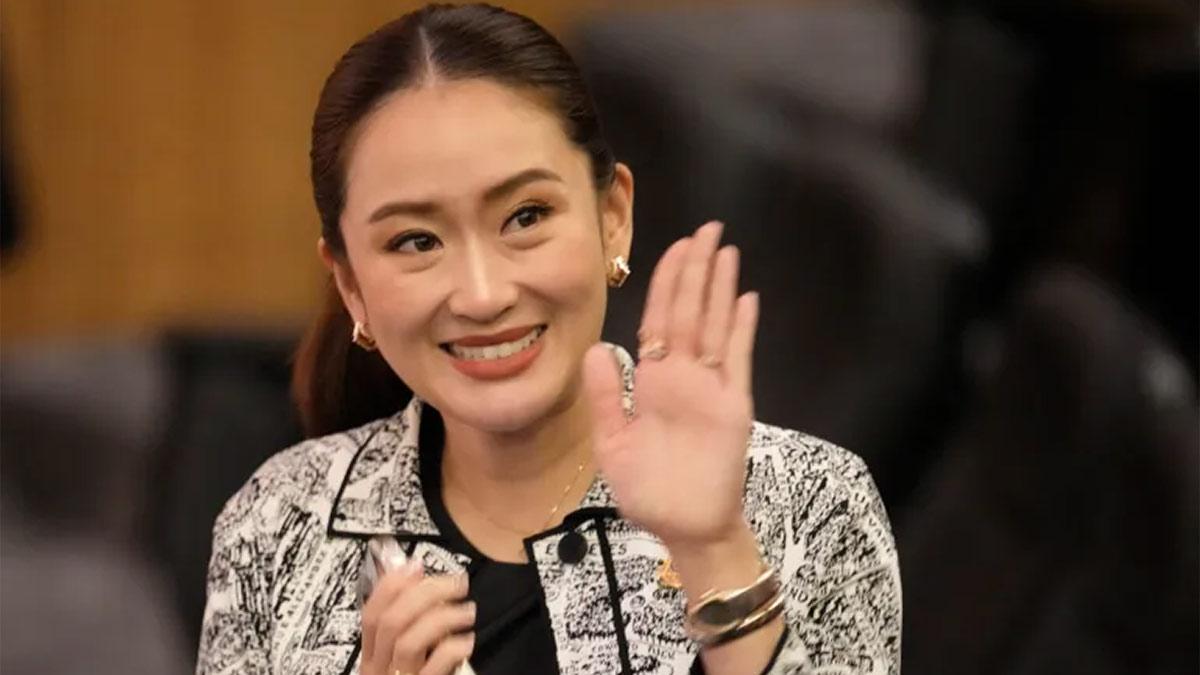Terming the latest Pahalgam terror attack a calculated effort to weaken the economy of Kashmir, External Affairs Minister S. Jaishankar said the attack was an act of "economic warfare" aimed at sabotaging tourism, which is a prime sector in the state.
Speaking in New York, he categorically reaffirmed India's position that it will not be intimidated by nuclear threats in dealing with terrorism emanating from Pakistan.
Addressing Newsweek's headquarters at One World Trade Center in Manhattan, opposite the 9/11 Memorial, Jaishankar had a conversation with the CEO of the publication, Dev Pragad. Looking at the April 22 Pahalgam attack, he acknowledged an increasing sentiment everywhere in India: "enough is enough."
"The Pahalgam attack was an economic warfare. It was designed to destroy tourism in Kashmir, which was the backbone of the economy. It was also designed to incite religious violence because people were being asked to identify their faith before they were killed," he said.
Jaishankar also emphasized the necessity to reject the old ideas of immunity for cross-border terrorists. "So we chose that we cannot allow terrorists to operate with impunity. The notion that they are on that side of the line, and that, therefore, sort of precludes retribution, I think, that's a proposition that must be challenged and that is what we did," he stated.
The minister is on a current official visit to the United States, and it is part of this visit that he is going to take part in the Quad Foreign Ministers' Meeting scheduled in Washington DC. He started with the launch of a UN exhibition called The Human Cost of Terrorism, hosted by India's Permanent Mission to the UN.
While speaking about the ongoing terror threat from across the border, Jaishankar pointed out that these groups operate openly in Pakistan. He noted that such organizations are not operating underground but from known urban locations. “Everybody knows what is the headquarters of organisation A and organisation B and those are the buildings, the headquarters that India destroyed” during Operation Sindoor, he said.
Operation Sindoor was India's retaliation for the Pahalgam terrorist attack, which killed 26 civilians. The Terrorist Resistance Front (TRF), a proxy group of Pakistan-based Lashkar-e-Taiba (LeT), owned up to the terrorist attack. The operation targeted specific terror infrastructure in Pakistan and Pakistan-occupied Kashmir.
India, Jaishankar stressed, would not stand for terrorism in any form and would not hesitate to retaliate even if Pakistan adopts nuclear posturing. "We are very clear that there will be no impunity for terrorists, that we will no longer deal with them as proxies and let off the government which aids and abets and in many ways, incites them. We will not let nuclear blackmail stop us from reacting," he added.
He continued to take issue with the traditional argument that mutual nuclear capability on either side would deter retaliation. "We've heard this too long… that India and Pakistan are nuclear nations and so the other guy will come and do terrible things, but you can't do anything because it makes the world anxious."
Now we are not going to fall for that. If he is going to come and do things, we are going to go there and also hit the people who did this. So no yielding to nuclear blackmail, no impunity to terrorists, no more free pass that they are proxies. And we will do what we have to do to defend our people," he declared, receiving applause from the crowd.
Referring to the UN show that unveiled the international reach of terrorism, in terms of terrorist attacks planned by Pakistan-based groups, Jaishankar again emphasized that terrorism is a global threat. "Terrorism is indeed a threat to everyone, that no one should use it as a tool to advance their policies because, ultimately, it bites everybody back," he said.
He demanded a worldwide consensus of zero tolerance for terrorism, stressing that no excuse should ever be given for state-sponsored or supported terrorism.
India's history with terrorism, he pointed out, goes back to just after its independence in 1947. "Within a few months, terrorists were infiltrated into Kashmir and were referred to as proxies and tribal invaders. And then within no time, the Pakistani Army marched in," he said, pointing out that the nation has suffered four decades of hard-fought counterterrorism, highlighting the 2001 Parliament attack and 2008 Mumbai massacre as stark reminders.
In the course of the interactive session, Jaishankar was queried if the statement by former United States President Donald Trump that he had used trade as a means of easing tensions between India and Pakistan influenced bilateral trade negotiations.
No, I don't think so. I think the trade people are doing what the trade people should be doing, which is negotiate with numbers and lines and products and do their trade-offs. I think they are very professional and very, very focused about it," he said.
He also spoke on India's consistent stand on bilateral issues with Pakistan. "Our dealings with Pakistan are bilateral," he reiterated.
Sharing a behind-the-scenes anecdote from the moment of crisis, Jaishankar disclosed, "I happened to be present in the room when Vice President (JD) Vance called up Prime Minister (Narendra) Modi on the evening of May 9 and told him that the Pakistanis would make a very heavy attack on India if we didn't accept certain things."
He referred to Modi's strong stance: "The Prime Minister was not immune to what the Pakistanis were warning they would do. In fact, he said there would be a reaction from our side. This was the previous night and the Pakistanis did launch a huge attack on us that night, we reacted very promptly afterwards."
Jaishankar wound up with a personal anecdote: "And the next morning, Mr (Secretary of State Marco) Rubio called me up and said the Pakistanis were ready to talk. So I can only tell you from my personal experience what happened. The rest I leave to you," he said.
Read also| Pakistan, China and Bangladesh Plot New Regional Bloc to Supplant SAARC, Report Says


















